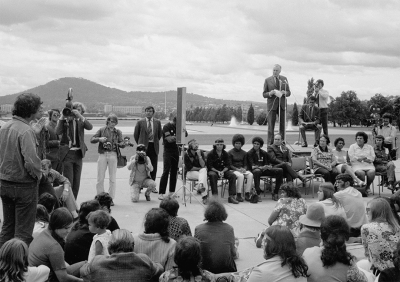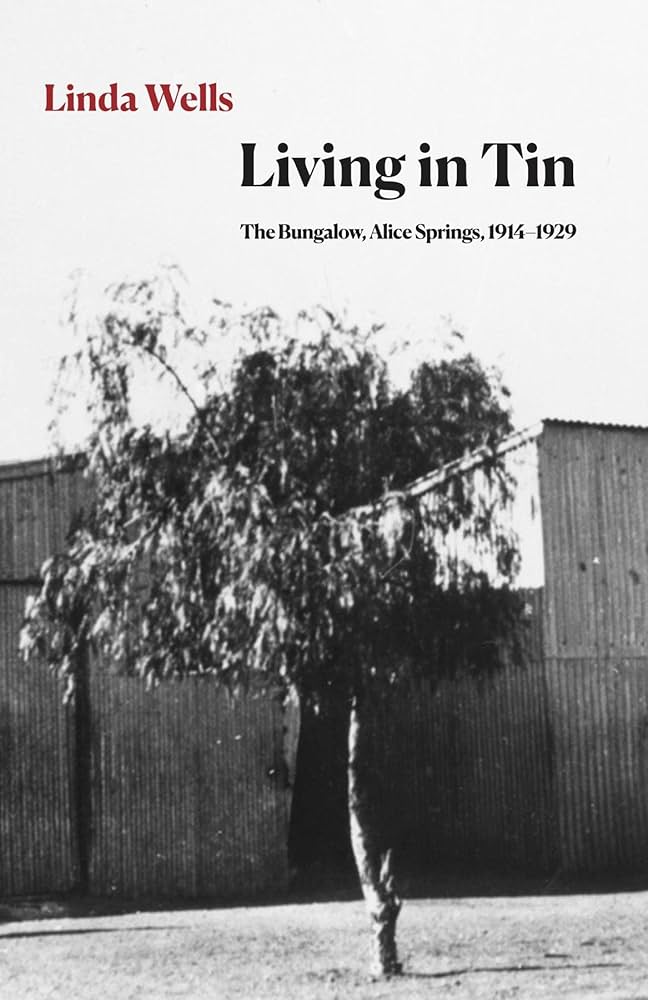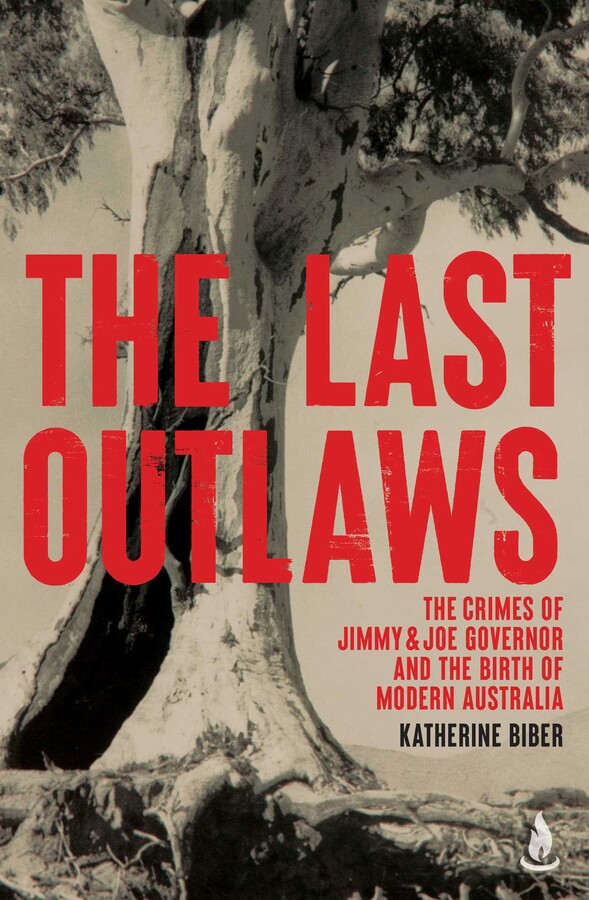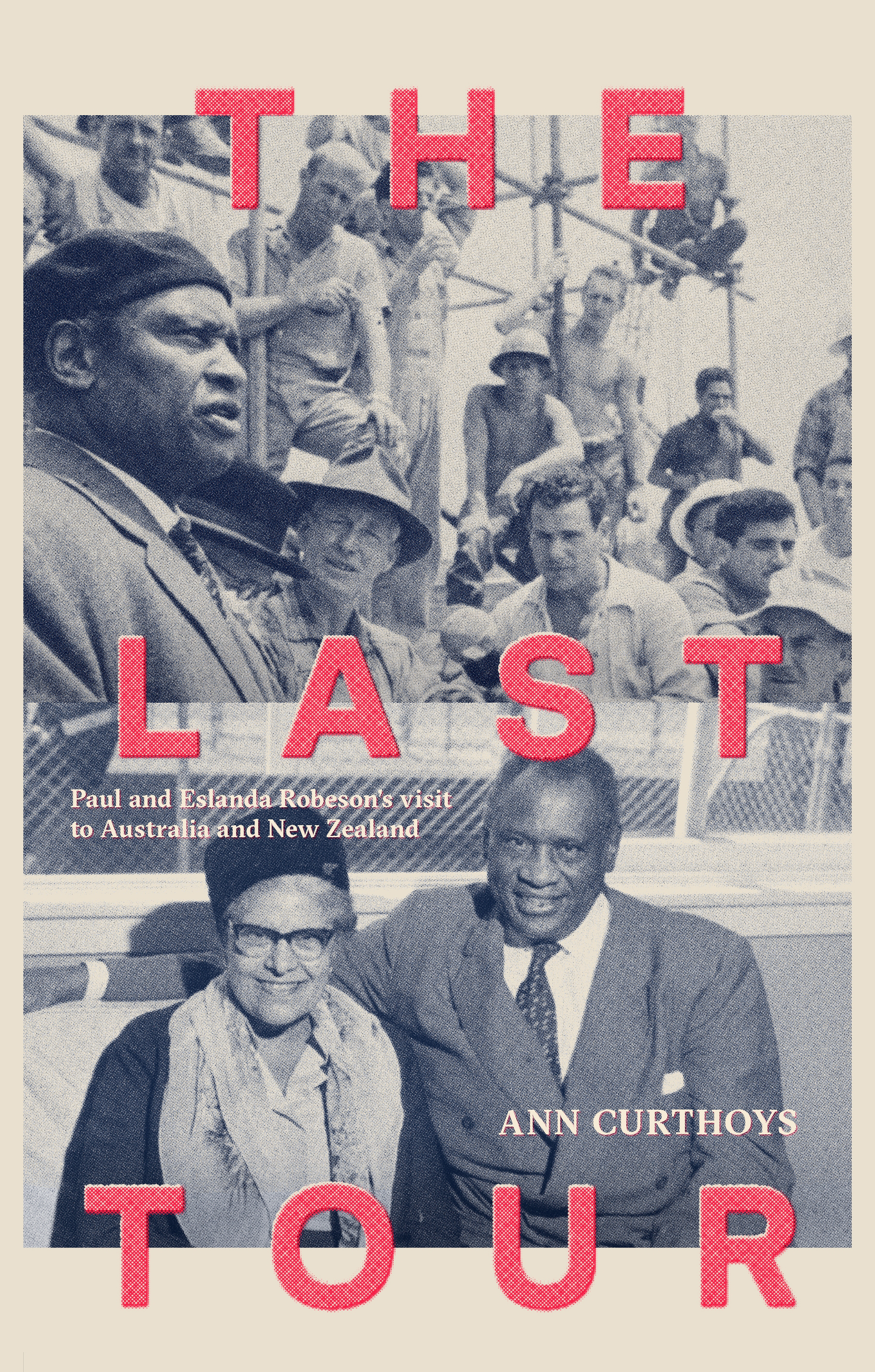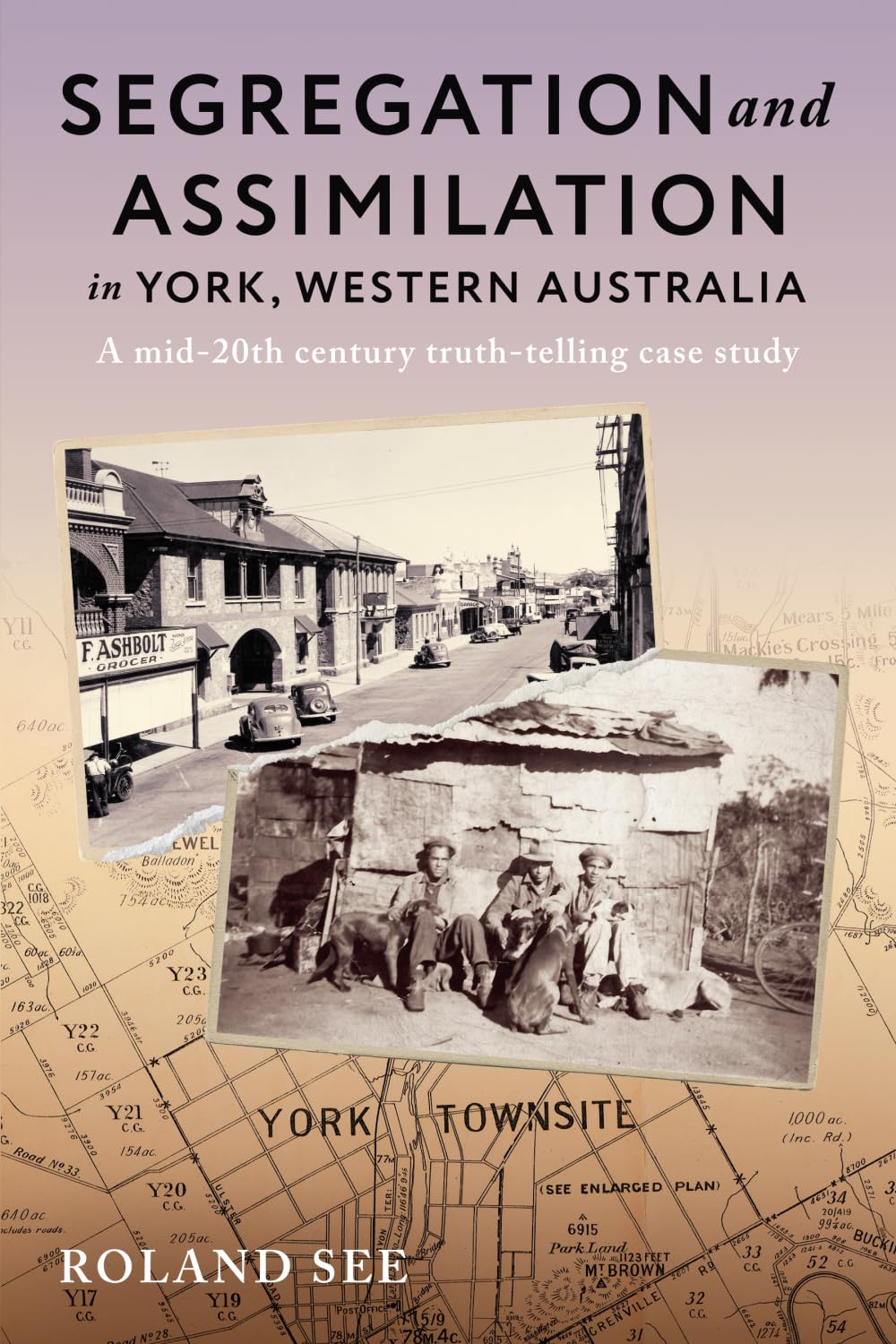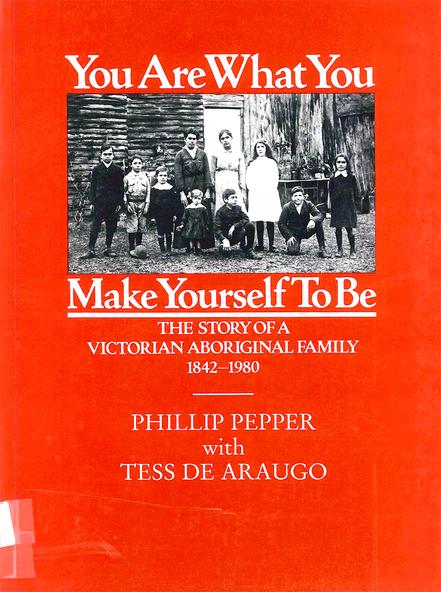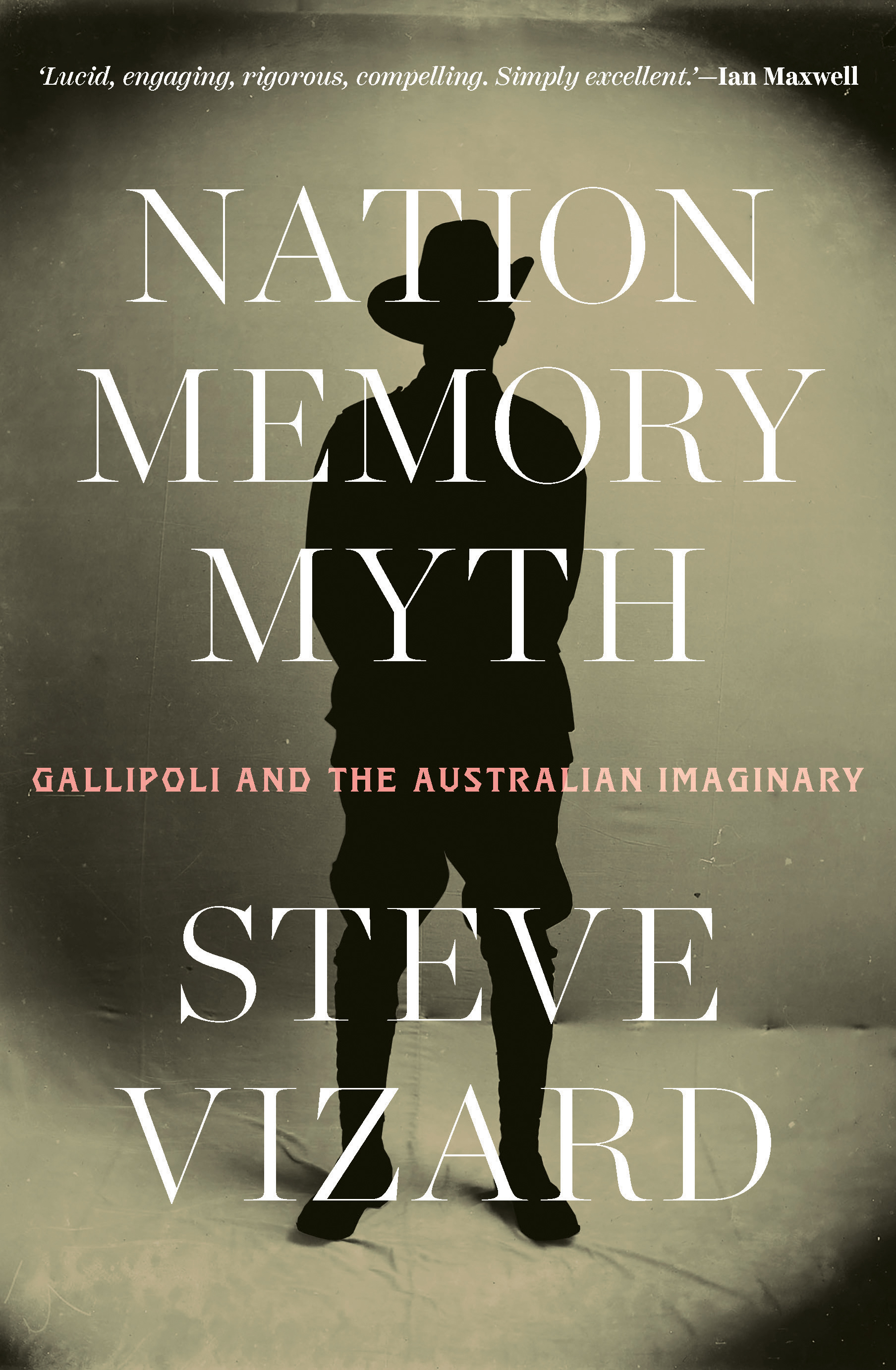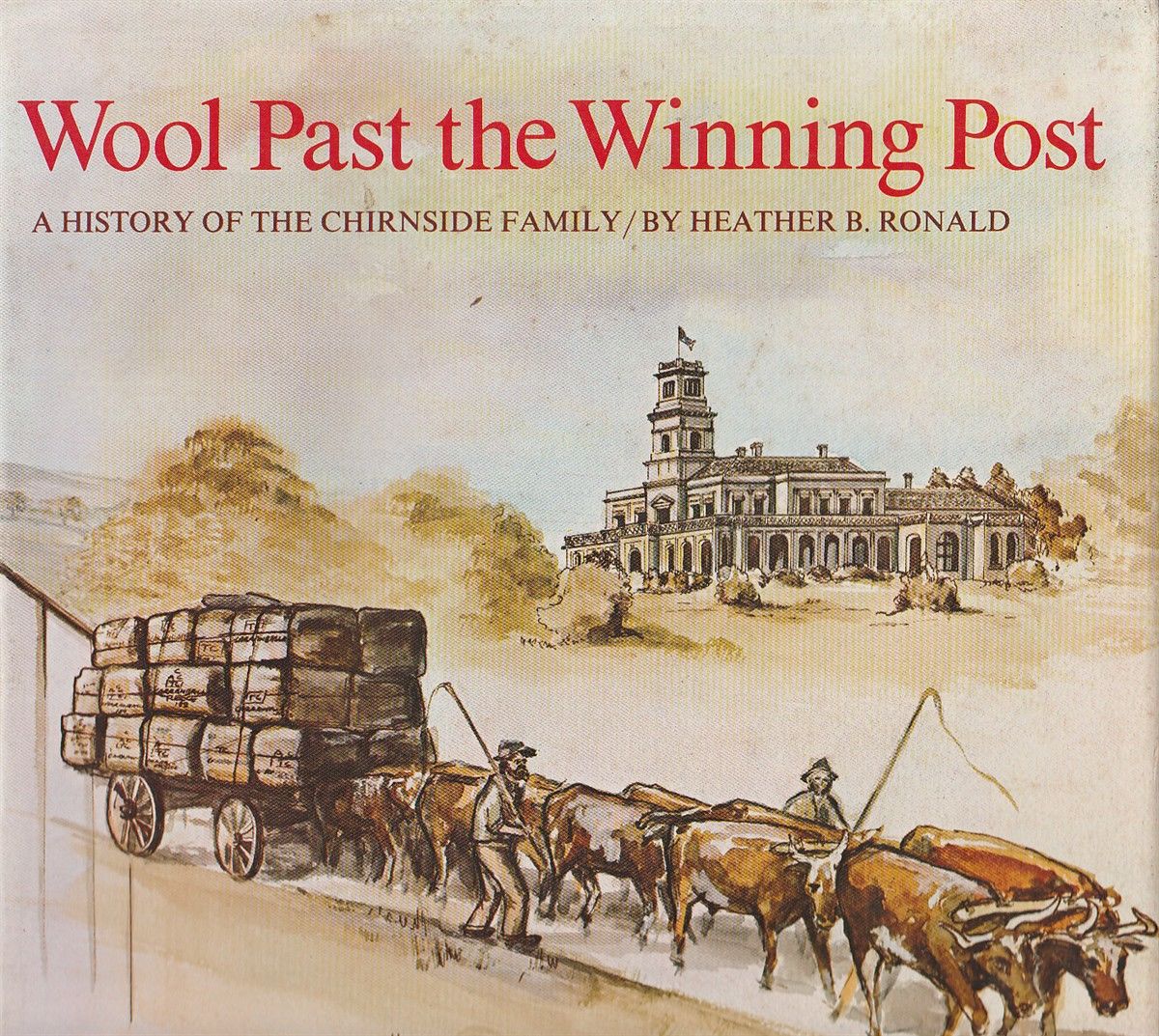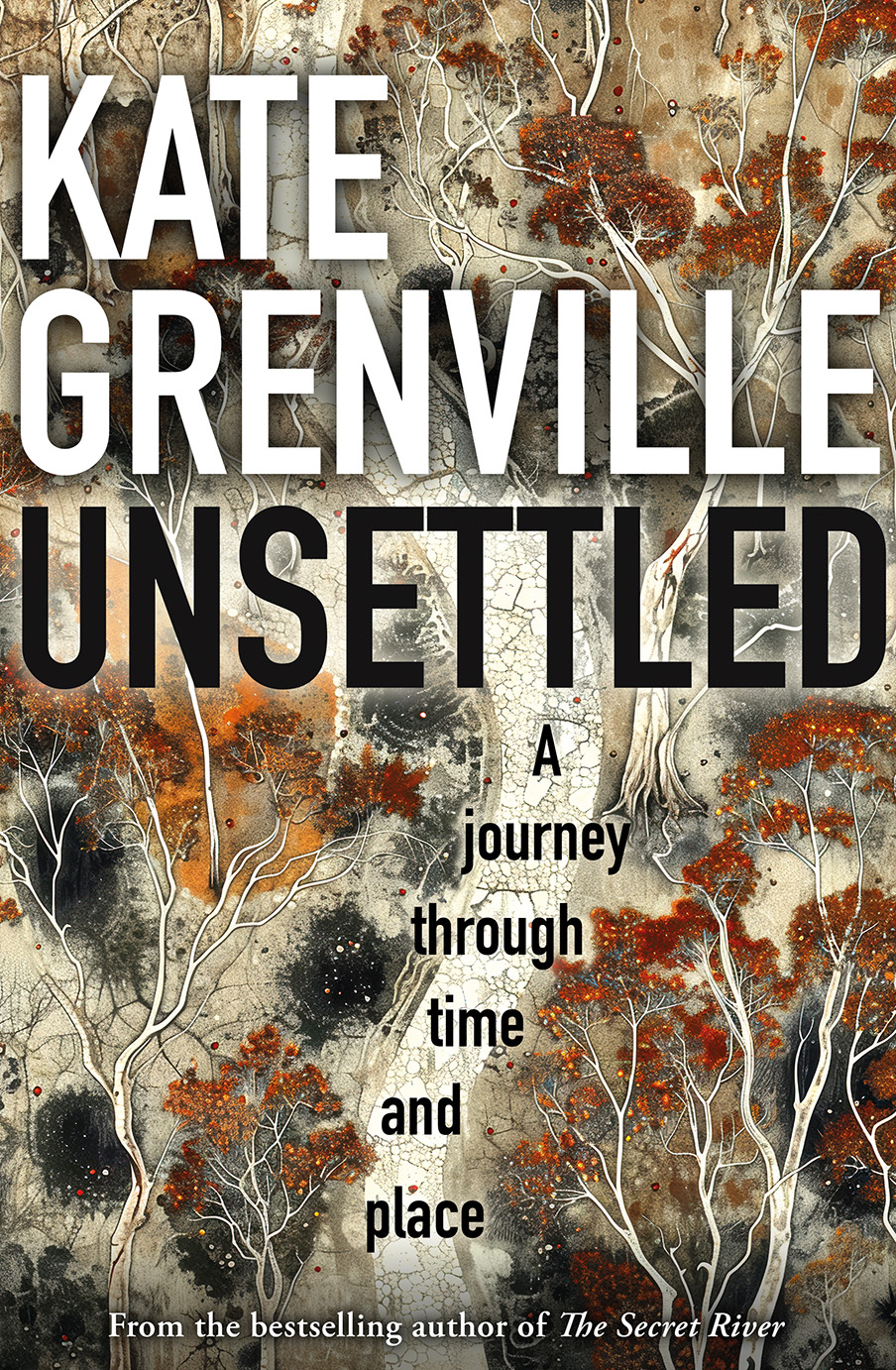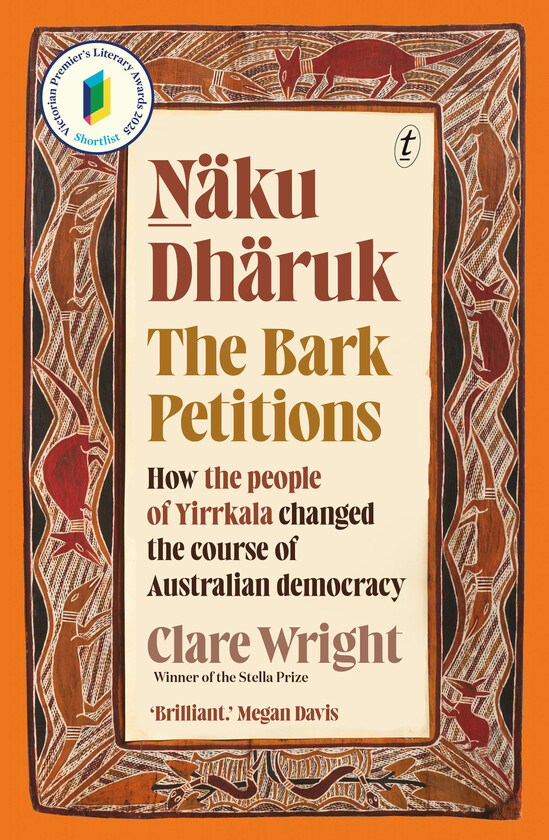Australian History
On the steps of Federal Parliament, a scrum assembled. Reporters jostled for position, enraged members of the public shouted over one another, advisers stood with faces drained of composure – even a comedian was caught in the fray. At the centre stood the tall and imposing figure of Prime Minister Gough Whitlam, listening as the governor-general’s official secretary read the proclamation dissolving Parliament. The moment, instantly mythic, would be remembered as ‘the dismissal’ – the most audacious constitutional rupture in Australian history, one that continues to haunt democratic life half a century on.
... (read more)Living in Tin: The Bungalow, Alice Springs, 1914-1929 by Linda Wells
The ‘bungalow’ of Living in Tin’s subtitle was a rough tin shed, erected in Mpwartne (Alice Springs) in 1914 to house Aboriginal children of mixed descent. Described by one observer as ‘a place of squalid horror’, it was managed first by Arabana woman Topsy Smith, and then placed under the supervision of a white matron, Ida Standley. The two women ran the Bungalow until 1929 but the institution survived until 1942. At least one hundred children were housed in the Bungalow over its lifetime, sleeping on the dirt floor of one room with no doors or windows, provided with meagre rations and only the most basic education.
... (read more)The Last Outlaws: The crimes of Jimmy and Joe Governor and the birth of modern Australia by Katherine Biber
The fence post was wrapped in old newspaper and kept in the shed. It was all that Aunty Loretta Parsley, Jimmy Governor’s great-granddaughter, had left to touch of his life. ‘His hands touching that,’ she told Katherine Biber, ‘that’s why I asked you to open it. Because you need to connect with this story.’ Overwhelmed, Biber felt the ‘immense responsibility’ entrusted to her.
... (read more)The Last Tour: Paul and Eslanda Robeson’s visit to Australia and New Zealand by Ann Curthoys
Australians and New Zealanders loved Paul Robeson. Socialists, peace activists, and trade unionists held him up as their champion, the face of defiance amid Cold War harassment. Conservative theatre critics swooned at his golden bass baritone. Māori rugby players called him ‘brother’. Eastern European migrants wept to his song about the Warsaw Ghetto. Even an FBI informant could not deny he was a ‘great and superb artist’.
... (read more)Segregation and Assimilation in York, Western Australia: A mid-twentieth century truth-telling case study by Roland See
Many Australians are unaware of the extent and severity of formalised racial segregation in the country prior to the 1967 referendum. In this meticulously researched study, Roland See examines the evolution of segregation and assimilation practices in the Western Australian wheatbelt town of York between 1924 – when the town’s Aboriginal reserve was first gazetted – and 1974, the year it was formally disestablished. Unlike in South Africa, where apartheid policies were highly centralised, in Western Australia racial segregation was often initiated and enforced at the municipal level. The state’s Aborigines Act, first enacted in 1905 and amended several times in the following decades, provided local governments with broad authority to create ‘native reserves’ and whites-only areas, enforce curfews, and regulate Indigenous people’s access to public amenities and services. Consequently, municipal councillors were particularly sensitive to the prejudices of their white electors. As See points out, although it was state legislation that enabled racial segregation and persecution of Aboriginal communities, ‘the local position was often the deciding factor in the implementation of such provisions and inhumane injustices’.
... (read more)You Are What You Make Yourself To Be: The story of a Victorian Aboriginal family by Phillip Pepper
You Are What You Make Yourself To Be is the documented personal history of one Victorian Aboriginal family. The author’s story is interspersed with researched documented facts intended to authenticate and support the narrative but at times these lengthy italicized notes work against the continuity of the story.
... (read more)Nation, Memory, Myth: Gallipoli and the Australian imaginary by Steve Vizard
Women give birth to babies, but according to patriarchal myth men give birth to nations. As the eminent political theorist Carole Pateman observed some time ago, literature is full of stories of men giving birth to nations, political orders, or political life itself, an explicitly male appropriation of procreative power. In the new discursive order of modernity, political creativity belongs to masculinity.
... (read more)For many Victorians their impressions of the squatting age have been formed by visits to Como or to Werribee Park. These mansions, of course, reflect the ultimate achievement of the squatters’ aspirations but tell us little of the struggles involved in realising those aspirations. These tangible proofs of squatter opulence, coupled with historical accounts of the squatter-selector battles, have inevitably cast the squatters in the role of the ‘bad guy.’ But to Heather Ronald her squatters, the Chirnsides, are the ‘good guys.’ ‘I dispute the oft-repeated statement,’ she says, ‘that squatters set themselves up as a class above everyone else … Many of the earliest successful squatters came from good families and were educated people; their attitudes were moulded by the way of life in rural Scotland, with its Squire and tenant system … Thomas and Andrew, in their estate management, were only following the example set by good landlords at home.’ But this was precisely why many Australians opposed them.
... (read more)Unsettled: A journey through time and place by Kate Grenville
There has been, for some time, a debate among researchers of Australian history. Should the moral and psychological dimensions of settler experience be examined, or do we know enough already?
... (read more)Näku Dhäruk: The Bark Petitions – How the people of Yirrkala changed the course of Australian democracy by Clare Wright
The Yirrkala Bark Petitions were intensely significant in Australian politics, contributing not only to major changes in race relations in Australia but to the way Australians understood their country’s history and its future. Clare Wright’s Näku Dhäruk is a lucid, accessible, and engaging account of those 1963 Yolngu1 Petitions from the Yirrkala region of Arnhem Land: her book will deservedly be read widely and throw new light on the complex events which shaped this turbulent time. Yet as powerful and moving as this book is, it will leave some readers with lingering questions. This review will outline some of its many strengths, and will also suggest some of those questions.
... (read more)
